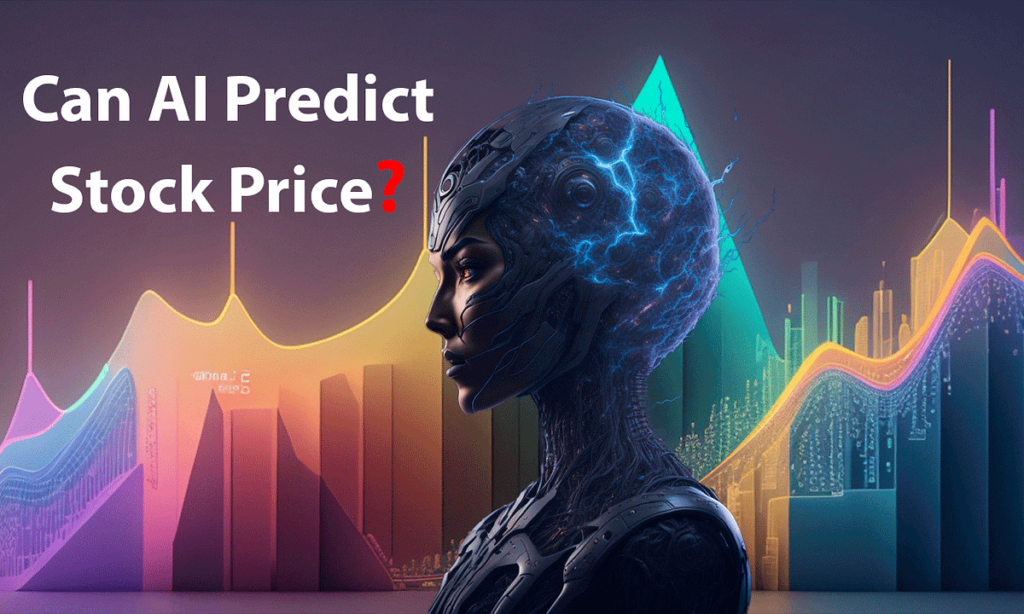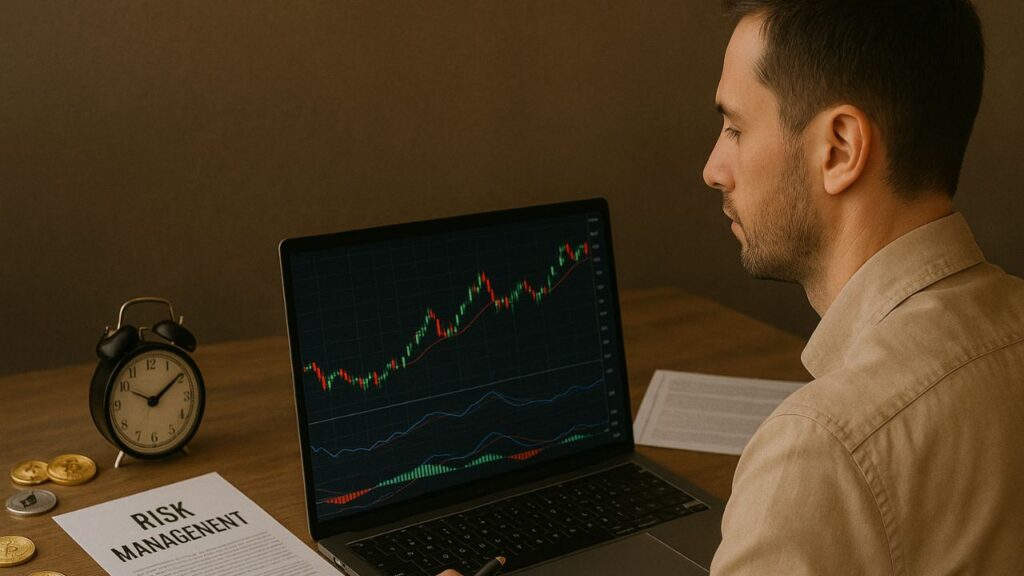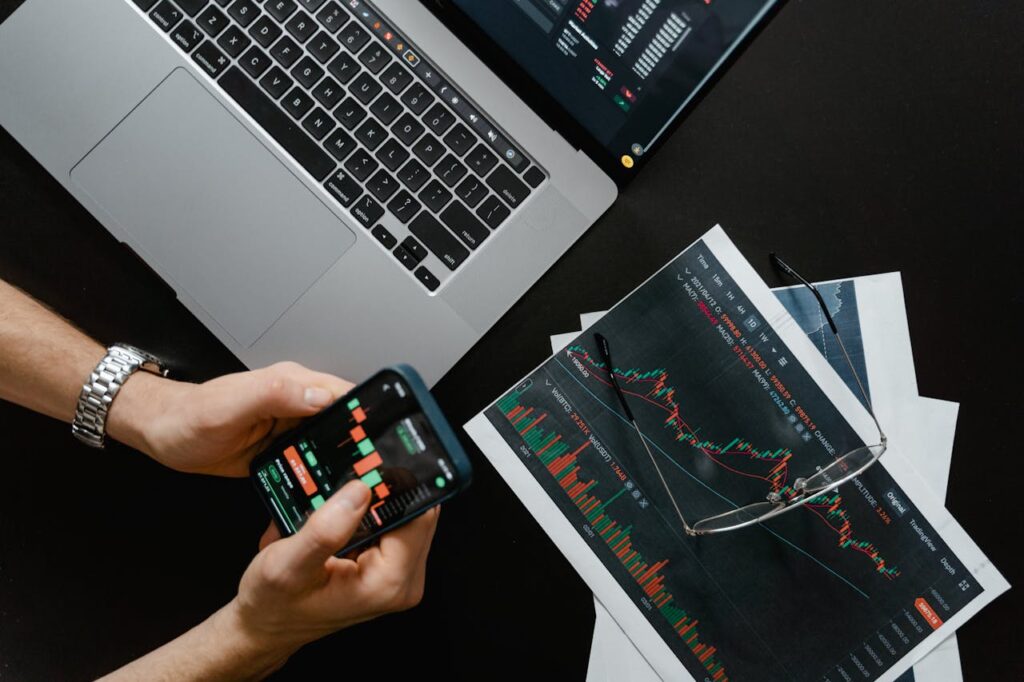
AI Stock Prediction
The stock market has always fascinated investors with its complexity and potential for wealth creation. Traditionally, investors relied on technical analysis, historical data, and gut instinct to make predictions. However, with the advent of Artificial Intelligence (AI), the landscape has shifted dramatically. AI stock prediction has become a trending topic, promising to revolutionize how we analyze and forecast market behavior. But can AI truly predict stock prices with accuracy, or is it just another buzzword wrapped in hype?
In this in-depth guide, we’ll explore the capabilities and limitations of AI in stock market forecasting. From how AI models work to their real-world applications and challenges, this article unpacks everything you need to know.
How AI Predicts Stock Prices
AI doesn’t operate on magic — it relies on data. Here’s how it works:
1. Data Collection
AI systems gather vast datasets, such as:
- Historical stock prices
- Trading volumes
- News articles and tweets
- Economic indicators
- Earnings reports
2. Data Preprocessing
Before making predictions, data is cleaned and structured:
- Filling missing values
- Normalizing numbers
- Removing duplicates
3. Feature Engineering
AI models identify key inputs (features) such as:
- Company fundamentals (revenue, debt, profit margins)
- Sector-specific trends
- Social sentiment (e.g., bullish/bearish tweets)
- Global events or policy shifts
4. Model Training
AI learns patterns using methods like:
- Supervised Learning (e.g., linear regression, random forest)
- Unsupervised Learning (e.g., clustering stocks with similar behavior)
- Reinforcement Learning (learning through trial-and-error)
5. Prediction and Evaluation
Once trained, the model predicts future prices and compares them with actual outcomes. Feedback loops help the AI system improve over time.
Backtesting with historical data is crucial to validate an AI model’s performance. Investors must carefully evaluate metrics like Mean Squared Error (MSE), R-squared, and directional accuracy before relying on predictions.
Common AI Models Used for Stock Forecasting
| AI Model | Description | Best For |
|---|---|---|
| Linear Regression | Predicts future prices using historical trends | Basic forecasting |
| Random Forest | Combines decision trees for accuracy | Trend spotting |
| LSTM (Long Short-Term Memory) | A type of recurrent neural network | Sequential data like stock time series |
| SVM (Support Vector Machine) | Classifies trends as bullish or bearish | Sentiment analysis |
| Reinforcement Learning | Learns from past actions and results | Autonomous trading bots |
“Smart investing isn’t about timing the market — it’s about time in the market.”
Benefits of Using AI for Stock Market Analysis
1. Speed and Efficiency
AI algorithms can process millions of data points in seconds. This gives traders a significant advantage in identifying opportunities before human analysts can react.
2. Improved Accuracy
Unlike human analysts who may overlook subtle patterns, AI models excel at finding non-linear relationships in large datasets, improving prediction reliability.
3. No Emotional Bias
AI doesn’t make impulsive decisions. It follows data and logic, helping avoid irrational trading behavior driven by fear or greed.
4. 24/7 Monitoring
AI-powered tools can monitor financial markets around the clock, issuing alerts or making trades automatically when conditions are met.
5. Advanced Risk Management
AI identifies and flags risk patterns, allowing for timely interventions. For example, if volatility increases sharply, AI models can trigger protective actions.
Limitations and Challenges of AI in Stock Prediction
1. Market Volatility
Sudden market changes caused by geopolitical events, natural disasters, or regulatory announcements are hard for AI to predict, especially if they are unprecedented.
2. Overfitting
An AI model that performs well on training data may fail to generalize to new, unseen data. This limits its practical usefulness in live trading environments.
3. Garbage In, Garbage Out
AI models are only as good as the data they are fed. Poor-quality, incomplete, or biased data can lead to inaccurate forecasts.
4. Ethical and Regulatory Concerns
AI-based trading systems raise issues such as potential market manipulation, lack of transparency in decision-making, and regulatory non-compliance.
5. High Cost and Maintenance
Developing and deploying AI systems requires significant investment in infrastructure, data acquisition, and skilled personnel. Maintenance and updates are continuous needs.
6. Transparency and Interpretability
Deep learning models are often black boxes. It’s challenging for investors and regulators to understand the rationale behind a decision made by the AI.
7. Data Privacy and Security
AI systems require large volumes of financial and personal data. Ensuring data privacy, security, and compliance with regulations such as GDPR is critical.
Best AI Tools for Stock Market Prediction
| Tool | Features |
| Trade Ideas | AI-powered trading signals and strategies |
| Kavout | Kai Score for stock ranking using AI |
| Yahoo Finance AI | Integrated AI insights for individual stocks |
| Tickeron | AI trend predictions with accuracy metrics |
| MetaTrader 5 | Automated forex and stock trading with AI plugins |
Future of AI in Stock Trading
1. Quantum Computing + AI
The integration of quantum computing with AI holds the potential to analyze market data at speeds far beyond today’s capabilities. This could lead to real-time forecasting with significantly higher accuracy.
2. AI-Powered Hedge Funds
Hedge funds are increasingly using AI to drive decision-making. These funds leverage complex algorithms to analyze news, social sentiment, and price trends across global markets.
3. DeFi Integration
The rise of decentralized finance (DeFi) opens the door to AI-powered smart contracts that autonomously execute trades based on predictive algorithms. This automation could bring transparency and speed to decentralized trading systems.
4. Personal AI Trading Assistants
We are entering an era where retail investors can access personal AI assistants that provide trading suggestions, monitor market events, and align decisions with individual financial goals.
5. AI Democratization
As cloud computing and low-code/no-code platforms evolve, AI becomes more accessible. Even non-technical users can experiment with predictive analytics and build basic trading models using pre-built templates.
6. Integration with Alternative Data
Future AI models will increasingly use alternative data sources such as satellite images, credit card transactions, and geolocation data to gain deeper market insights and enhance predictive capabilities.
7. Regulatory Collaboration
Regulators and AI developers may collaborate to ensure responsible innovation in AI trading. This may involve new standards for model transparency, audit trails, and ethical use.
Frequently Asked Questions (FAQs)
Q1: Can AI predict stock prices with 100% accuracy? No. While AI improves forecasting accuracy, markets are influenced by unpredictable events. No model can guarantee 100% accuracy.
Q2: Is AI better than human traders? AI excels in speed and pattern detection, but it lacks intuition and adaptability. A hybrid approach combining human insight with AI tools often delivers the best results.
Q3: What skills are needed to build an AI stock predictor? Skills in Python, machine learning (Scikit-learn, TensorFlow), data preprocessing, and finance fundamentals are essential.
Q4: Are there free tools for AI-based stock predictions? Yes. Platforms like Yahoo Finance, TradingView, and Google Colab offer basic predictive features for free. More advanced tools often require subscriptions.
Q5: How much data is required for training an AI model? Generally, years of historical data, along with real-time inputs like news and sentiment data, are used to ensure robust model training.
Q6: Can I use AI for day trading? Yes, but high-frequency trading demands low-latency infrastructure and extremely accurate models. It’s best suited for experienced professionals.
Q7: What’s the biggest mistake people make with AI stock prediction? Overreliance. AI should inform decisions, not replace critical thinking and market experience.
Conclusion
AI is reshaping how we analyze and trade stocks. It brings speed, precision, and emotion-free decision-making into a field long dominated by human speculation. While it’s not a magic wand, when used wisely, AI can be a game-changer for retail and institutional investors alike.
Still, it’s essential to combine AI predictions with traditional analysis and sound judgment. No system, no matter how advanced, can replace common sense and experience in the long run.
Investing in learning about AI — its techniques, tools, and implications — is perhaps one of the most valuable investments you can make today.




Pingback: Jio Finance Share Price & Stock Analysis 2025 InvestTrending